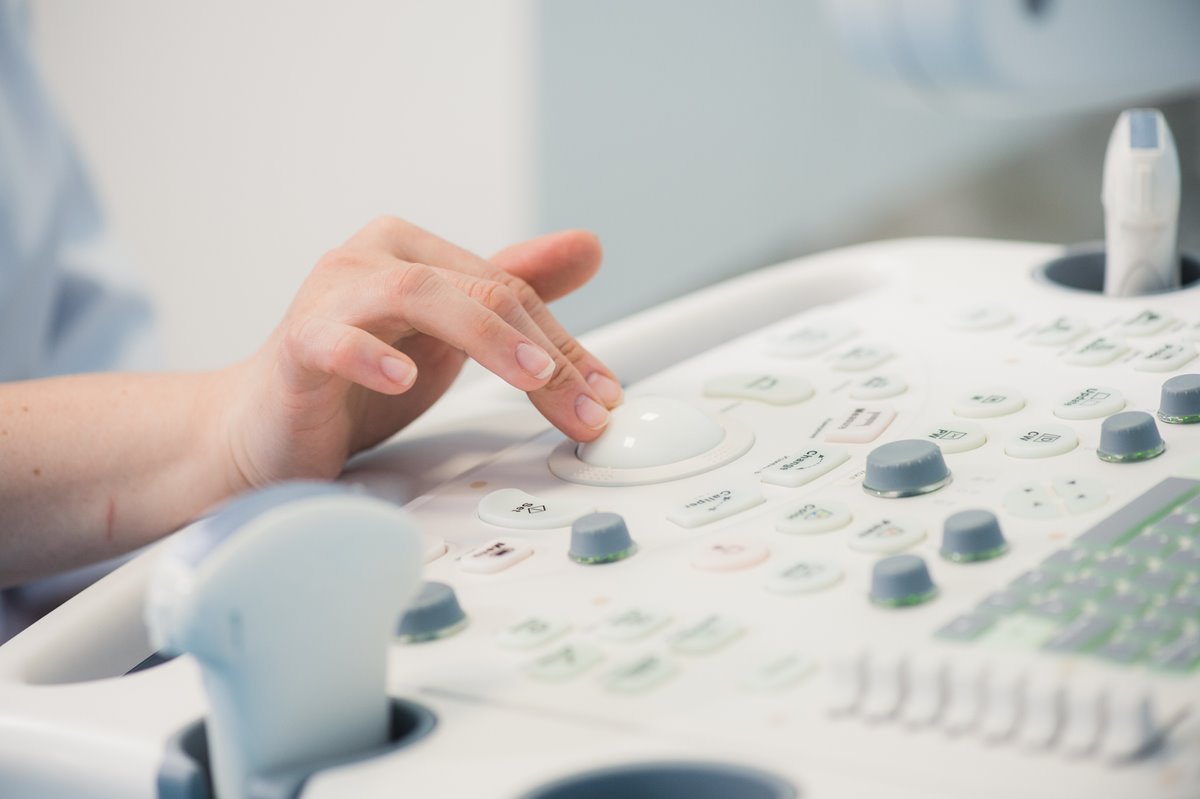A plan to enhance the status of the Public Voluntary Register of Sonographers (PVRS) for sonographers who are not currently able to achieve statutory registration has been the subject of talks between the Society and College of Radiographers (SCoR) and the Register of Clinical Technologists (RCT).
The move to upgrade the status of the PVRS follows a recommendation by the Professional Standards Authority (PSA) that the PVRS either seeks accreditation by the PSA or is transferred to a voluntary register such as the RCT, which is PSA accredited.
The SCoR has decided not to seek PSA accreditation because of high costs and the relatively small number of sonographers listed on the PVRS who are not also statutorily registered. As of January 2020, there are 214 sonography practitioners listed who do not hold statutory registration, out of a total of 665 on the register.
"The SCoR along with the British Medical Ultrasound Society (BMUS), the Consortium for the Accreditation of Sonographic Education (CASE), the Royal College of Radiologists (RCR) and other key stakeholders, continue to argue for and progress the case for the statutory regulation of sonographers," commented Nigel Thomson, the SCoR's professional officer for ultrasound.
"Until this is achieved, a Professional Standards Authority accredited register will be the most suitable way to protect the public."
The PSA is planning to hold a public consultation on the proposal for the RCT to take over responsibility for the PVRS. If the transfer goes ahead, registrants who do not want to continue being listed will have the option to withdraw from the register.
"Members of course will be advised of the details of the consultation and the outcome, we will also ensure current voluntary registrants are informed about how the transfer will affect them,” Nigel said.
What is the PVRS?
The Public Voluntary Register of Sonographers was initially developed by the United Kingdom Association of Sonographers (UKAS), which merged with the SCoR on 1 January 2009.
The register has two aims:
- To help to protect the public in an area of practice where there is no legal requirement for the healthcare professional carrying out diagnostic, screening or interventional ultrasound examinations to be statutorily regulated.
- To support the campaign for ‘Sonography’ to become a regulated profession and ‘Sonographer’ and ‘Ultrasonographer’ to become protected titles. In 2009 statutory regulation was recommended to the Secretary of State for Health by the then Health Professions Council following a joint application by the SCoR and UKAS. This recommendation was not enacted and government policy since 2011 has been not to bring new professions into statutory regulation unless there is compelling evidence to do so.
Health Education England (HEE), along with a wide range of stakeholders including the SCoR, have been developing proposals for a new career structure and education pathways to address the long-standing shortage of sonographers. As part of this work, HEE commissioned the PSA to report on the regulation of sonographers using their right touch assurance model. This report was published in July 2019 and did not recommend sonographers for statutory registration at the current time, although the PSA considered that this may change in the future if the numbers of unregulated sonographers increases.
The PSA recommendation was contrary to the evidence presented by a wide range of stakeholders.
However, the PSA report did make a recommendation which has led to the discussions between the SCoR and the RCT and the proposal to transfer the register.
The SCoR plans to close the PVRS on 1 March 2021, at the end of the current biennial registration cycle, or earlier if the transfer to the RCT is finalised before then.
The SCoR along with BMUS, CASE, the RCR, and other stakeholders are continuing to actively argue for and progress the case for the statutory regulation of sonographers. Until this is achieved a Professional Standards Authority accredited register will be the most suitable way to protect the public.
